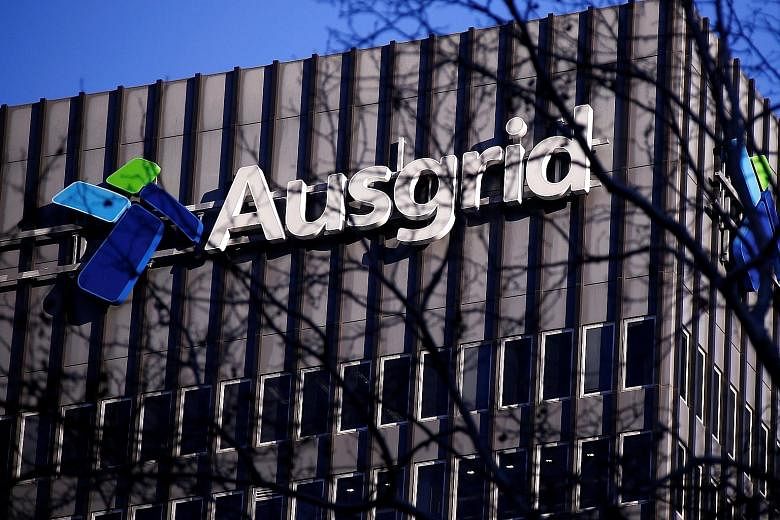SYDNEY • Australia just found out the price of blocking foreign investment.
The New South Wales state government announced on Thursday it had sold a 50.4 per cent stake in power network Ausgrid to two local funds in a deal valuing the entire company, including debt, at about A$20.8 billion (S$22.1 billion).
Two months earlier, the federal government barred New South Wales from accepting an offer from State Grid Corp of China that was said to value the asset at about A$25.1 billion, citing national security concerns.
The difference shows the cost to the nation of limiting ownership of sensitive infrastructure to local buyers, amid public opposition to overseas investment, particularly by state-owned Chinese firms. The Ausgrid sale has also raised doubts about Australia's openness to foreign investment and caused confusion about its regulatory regime.
The process "was not run as well as it could have been", said Professor Hans Hendrischke of the University of Sydney Business School, who specialises in Chinese investment in Australia. "It possibly has cost the government a considerable sum of money."
AustralianSuper, the nation's biggest pension fund, and IFM Investors, the country's largest manager of infrastructure assets, agreed to pay about 1.4 times Ausgrid's regulated asset base value, according to Mr Brett Himbury, the chief executive officer of IFM.
State Grid offered a multiple of 1.7 times, sources said. The power network's regulated asset base stood at A$14.75 billion in the current financial year, according to the state government. State Grid did not respond immediately to a mail seeking comments.
Australia's Treasurer, Mr Scott Morrison, blocked the State Grid offer and a separate bid from Hong Kong-based Cheung Kong Infrastructure (CKI) Holdings in August. CKI, controlled by billionaire Li Ka Shing, issued a statement at the time, saying it was perplexed by the ruling, while China said the decision would "severely" reduce the appetite of Chinese companies to invest in Australia and hurt bilateral trade ties.
New South Wales, which is selling assets to fund investment in schools, hospitals and roads, received an unsolicited offer from AustralianSuper and IFM last month, and opted not to run a second public tender process.
The deal will generate A$16.2 billion in gross proceeds and net proceeds of about A$6 billion.
Australia is seeking to balance its need for foreign investment to drive economic growth against increased opposition to sales of farmland, real estate and strategic infrastructure to foreign investors. IFM and AustralianSuper hold a raft of major infrastructure assets in Australia.
BLOOMBERG

